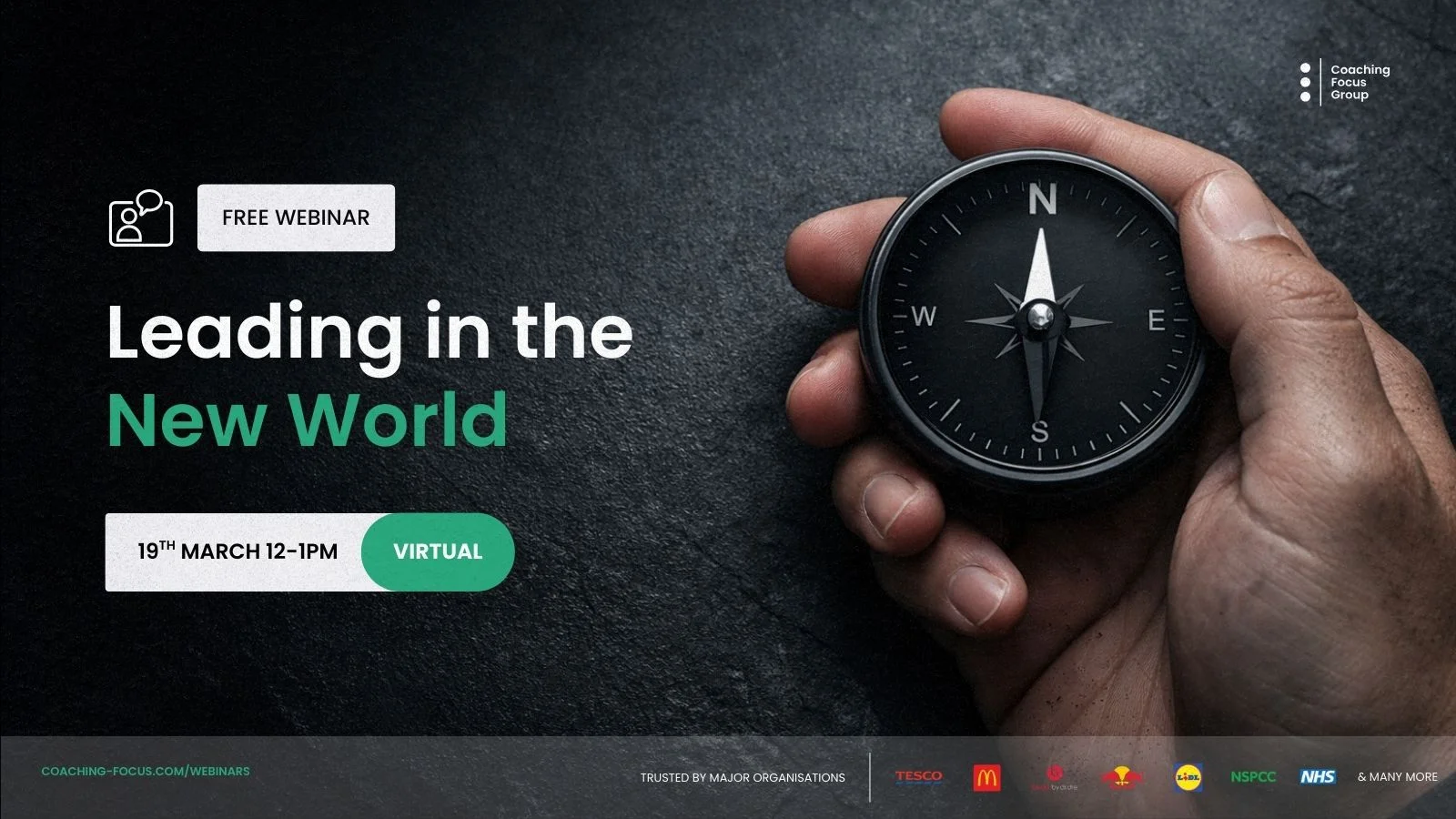Transitioning: Future-Proof Your Career

In an era marked by rapid technological advancements and unprecedented global changes, career transition is a reality faced by many.
Whether you're switching roles within a company, diving into a completely different industry, or adapting to the changes in your current job, effectively transitioning requires strategy and foresight.
Here's how to capture your existing skills and experiences, enhance your personal brand, and equip yourself with a toolkit that will future-proof your career during times of transition.
1. Capture Your Existing Skills and Experiences
- Self-Audit: Begin by conducting a thorough assessment of your skills and experiences. List down everything you've learned and achieved in your professional and personal life. This includes projects you've handled, tasks you've excelled in, leadership roles, and challenges you've overcome.
- Transferable Skills: Identify which of your skills are transferable. These are abilities that can be applied to various roles and industries. For instance, problem-solving, communication, and time management are universally appreciated.
- Showcase Your Achievements: Update your resume and LinkedIn profile. Use quantitative metrics wherever possible to demonstrate your contributions. For instance, "Increased sales by 20% in the first quarter" is more compelling than "Improved sales."
2. Enhance Your Personal Brand
- Define Your Narrative: What's your story? Knowing your unique value proposition and being able to articulate it clearly can set you apart. Whether it's your resilience, innovation, or expertise in a niche area, highlight what makes you, you.
- Online Presence: Maintain an active online presence. Share insights, articles, and thoughts on platforms like LinkedIn, Medium, or personal blogs. This demonstrates your expertise and keeps you updated with industry trends.
- Networking: Establish and nurture professional relationships. Attend seminars, webinars, or workshops. Join professional groups on platforms like LinkedIn. Remember, opportunities often come from the most unexpected places.
3. Equip Yourself with a Toolkit for the Future
- Lifelong Learning: Commit to continuous learning. Enroll in online courses, attend workshops, or read books. The more adaptable and versatile you are, the more valuable you become.
- Embrace Technology: Stay updated with the latest technological advancements in your industry. Familiarise yourself with tools that can boost productivity or offer a competitive edge.
- Soft Skills: While hard skills can get your foot in the door, soft skills often determine your career trajectory. Skills like emotional intelligence, adaptability, and resilience are becoming more valuable.
- Mentorship and Feedback: Seek mentors who can provide guidance, share their experiences, and offer constructive feedback. Likewise, be open to feedback, as it’s one of the most direct ways to learn and grow.
In conclusion, although challenging, career transitions present an opportunity to reinvent oneself and embrace growth. By capturing and valuing your existing skills, cultivating a strong personal brand, and arming yourself with the tools and knowledge to adapt to the future, you'll not only navigate transitions with grace but thrive in the evolving landscape of the professional world.
Trayton Vance
Trayton Vance is the Founder and Managing Director of Coaching Focus Group, one of the UK’s leading leadership coaching consultancies working with clients such as McDonalds, Beats by Dre, Paramount and many more.
Coaching Focus Group
Specialists in leadership coaching, workplace coaching programmes, and building coaching cultures that stick.
[FREE WEBINAR]
March 19 - 12pm to 1pm GMT

You might be interested in...
Employee Engagement Series












